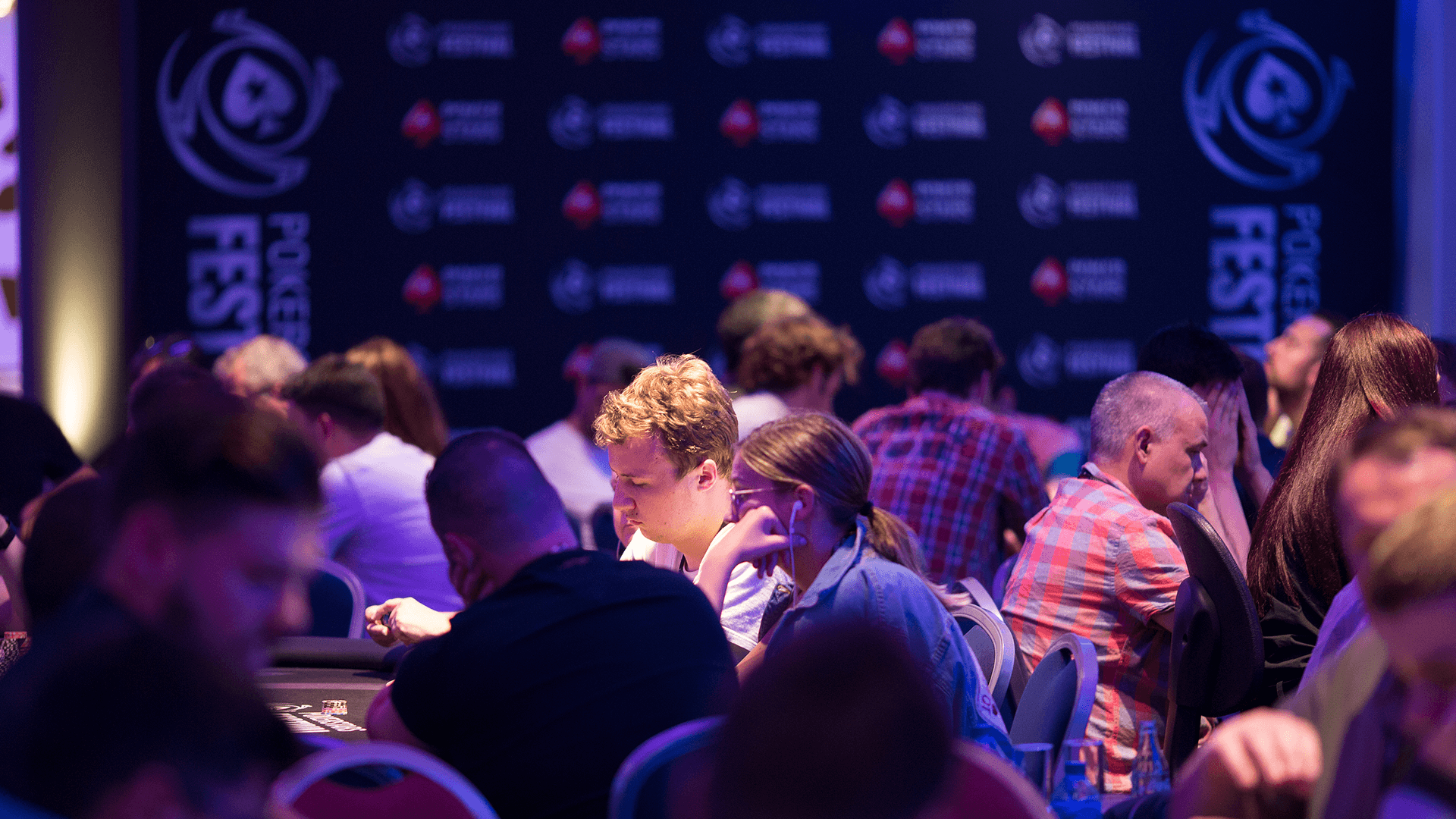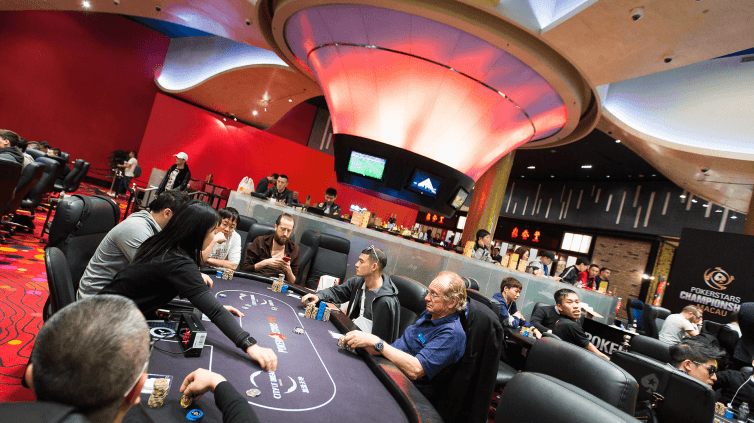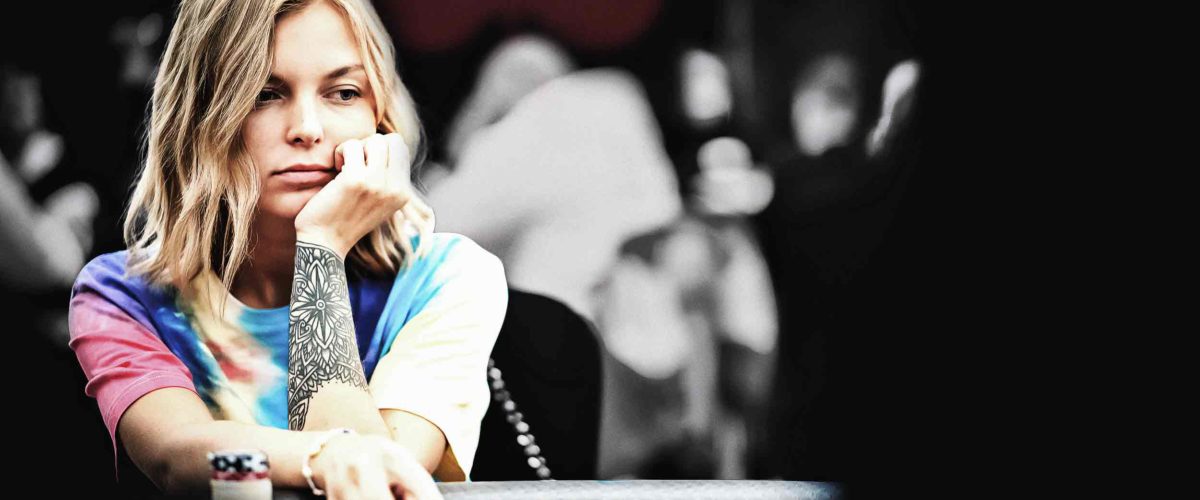The Do’s and Don’t’s of Live Poker Etiquette
Playing live for the first time can be a daunting experience. I still remember my hands trembling as an eighteen-year-old student in my university’s poker society weekly tournament. Here are some tips to help you bring a professional demeanour to the table and set an example for the players around you, who, let’s face it could often do with a lesson or two in poker manners!
Do – Be Graceful and Respectful in Defeat
One of the things that puts me off playing live is the inevitable venomous outburst from that childish opponent from whom you have just won a sizable pot. Their spite and malice can really ruin the enjoyment of the game and create a sour atmosphere. The fact that they think losing this pot gives them a right to be abusive is simply absurd and this behaviour should never be tolerated. Just as you should not exhibit such bratty and aggressive behaviour when you are losing, you should not tolerate it from an opponent either.
Let me be frank here: I am a terrible loser. I hate losing. However, the poker table is the one place in the world where I am always calm and respectful in defeat. Why is this? Because defeat is inevitable. You are going to lose so many big pots in your career to many different opponents, none of whom have done anything to offend you. If an opponent makes what you interpret as a terrible play which leads to you losing a big pot, try to think of it from his or her point of view. Does this player normally win at poker? Almost certainly not. In the long-term, you will win far more than this opponent will. Does this opponent deserve to have one of their rare lucky wins tainted by you because you could not win every hand? No. Poker is a game of short-term luck and long-term skill. If you cannot handle that, there are plenty of games of pure skill, where you’ll have no one to blame but yourself.
Don’t – Moan, Sulk, Rant, and Claim to be Unlucky
There is nothing more tiring than a losing poker player who blames the deck every single time. Not only does no one believe that you have an innate level of bad luck that is mysteriously higher than anyone else’s, but no one cares. We have all had days where no card will fall right and everything that can possibly go wrong does. Again, this is poker. No one wants to sit and listen to the whining of someone who cannot take accountability for any of their bad play and focuses only on the few large pots that were indeed coolers or suck-outs. If you feel tempted to moan about your woeful luck, try investing that energy in discovering your own mistakes and fixing them. Most sulky players do not want to try to improve, because that would risk trying and failing. One of the most enjoyable parts of live poker is the social aspect of the game. Do not ruin it by subjecting everyone to your tedious tragic monologue.

Do – Keep the Action Moving
Live poker is renowned for being slow due to full-handed tables, drunk opponents, and multi-way pots. Tables will average around 30 hands per hour. For perspective, an online professional might play 1000 hands an hour 4-tabling Zoom. While you might consider yourself a geek of the game and take great pleasure in going into the tank for five minutes to fully evaluate a spot, this is inconsiderate and about five times the maximum thinking time you would be allotted online. Do not slow the game down even more than the format already does. Take a minute over a very big decision, but otherwise, try to get into the habit of playing smoothly and in tempo, not only for etiquette reasons, but also to avoid giving away unnecessary information.
Don’t – Get Involved in Deep Strategic Conversations
The standard of hand evaluation at the live poker table is very low. It is usually not worth trying to explain something to a live recreational player who usually has ingrained illogical views of the game. Even if your intentions are entirely altruistic, they will likely do no good. Not only will your efforts as a poker teacher be wasted breath, they might happen to alert the table to the fact that you are serious about the game. This will harm your ability to get action and can actually cause your opponents to raise their game against you. The etiquette reason for not educating the masses is that most people sitting round that $1/$2 table are there to enjoy themselves and will not appreciate being lectured about how to play the game. Such an approach can make recreational players feel inadequate and ruin their enjoyment of the game.
Do – Tip the Dealer (Within Reason)
One of my first jobs was being a croupier in casinos. At times, the job can be a real hoot, especially if the table is lively and the laughs are echoing around the room. At other times, dealing poker or any other casino game, can be a repetitive slog. Dealers are often genuinely blamed by irrational angry players (I once had a roulette stool thrown at me over the table for spinning the ‘wrong’ number.) Dealers have to listen to all the same moaning and grumbling form their losing regular players day in day out. I can say from experience, it’s rather deflating after a while.

When you win a nice pot, consider making a small tip. This keeps the dealer’s motivation high and shows respect for the somewhat repetitive job they are performing for you to have a good time. Of course, if you are a serious player, long-term win-rate is important to you. In this case, think about the long-term impact of tipping too generously. Tipping too much on a very regular basis can make the game unbeatable for you, even with a significant edge. Tip little and often to show your respect while keeping your win-rate alive.
Don’t – Splash the Pot, Bend the Cards, Fold Face Up, Punch the Table etc.
This is the behaviour of the selfish, anti-social poker player. Many players like this are culpable of anti-social behaviour in real life, but for some of us the high luck environment and competitive nature of the game can bring out an obnoxious streak that would not normally exist. If poker turns you into an inconsiderate jerk, try to become aware of this and take steps to remind yourself that this is not how you normally conduct yourself.
You are outraged at that pesky diamond on the river, but that does not mean that your cards should be tossed high into the air so that they might land face up while the pot is still going on. You lost your whole stack and it feels bad, but the guy to your left probably does not want to witness your fist pounding the felt like an animal. The dealer probably does not want to have to call for a new deck of cards because you have mangled the jack of hearts as you angrily take one last look at your cards before folding. The dealer does not want to go raking through the pot to retrieve the bet you were too sloppy to place in front of you.
Just be considerate. Poker and the effect it can have on the ego is not an excuse to drop your normal standards of social conduct.

